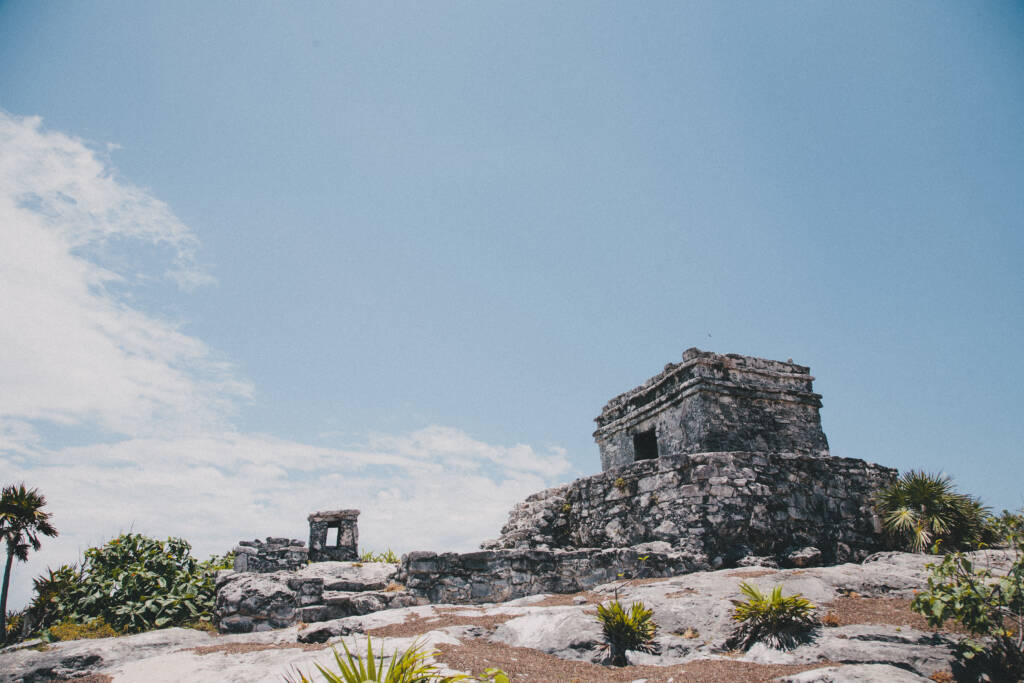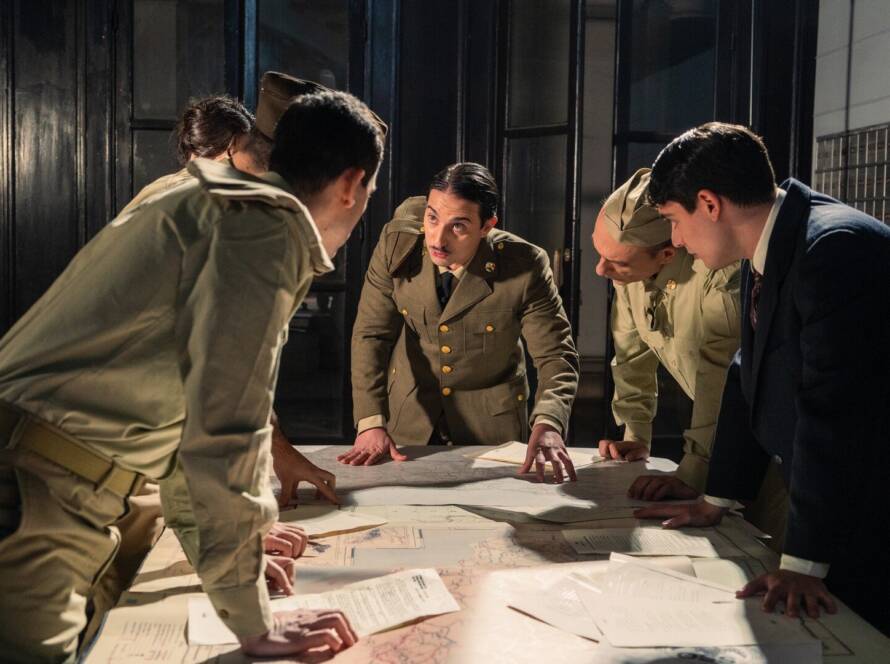Documentaries are an essential tool for understanding history and its impact on society. While traditional textbooks and classroom lectures can provide important information about historical events, documentaries offer a more comprehensive and engaging way to learn about the past.
One of the key benefits of documentaries is their ability to bring historical events to life. By incorporating animations, models, and interviews with historians and further experts, documentaries can recreate historical events and help viewers to understand their significance. This can be particularly valuable for events that may seem distant or abstract, such as wars or political revolutions or cultures long past. Making history as believable as possible is nowadays more interesting than ever, since living history and reenactment communities become more professional by the day and contribute a lot to staff and cast of a documentary crew. They often provide a link between historical knowledge and a dramatic presentation.
Documentaries also offer a way to explore the nuances and complexities of historical events. Unlike textbooks, which often provide a simplified version of history, documentaries can delve deeper into the social, political, and economic contexts that shape historical events. They can offer multiple perspectives on events, highlighting the diverse experiences and viewpoints of those who lived through them.


Moreover, documentaries can provide a voice for those who have been marginalized or forgotten by history. Reenacting the life of ordinary people can offer a more inclusive and immersive perspective on history. This can help to challenge dominant narratives and bring attention to the experiences of those who have been historically overlooked.
Documentaries can also foster critical thinking and analysis. By presenting different viewpoints and exploring the complexities of historical events, documentaries encourage viewers to question their assumptions and think critically about the information presented. This is particularly important in an age of misinformation and propaganda, as documentaries offer a reliable source of information and encourage viewers to engage with history in a thoughtful and nuanced way.
The best documentaries are independent. They don’t exist to serve interests, philanthropic or otherwise.
― Nick Fraser
Finally, documentaries can help to promote empathy and understanding. By highlighting the human impact of historical events, and showcasing the experiences of people from different backgrounds and perspectives, documentaries can help to foster greater compassion and understanding among viewers. This can be a powerful tool for building bridges between communities and promoting social justice.

In conclusion, documentaries are an essential tool for understanding history and its impact on society. By bringing historical events to life, exploring their complexities, and highlighting diverse perspectives, documentaries can promote critical thinking, empathy, and a deeper understanding of the past.-



